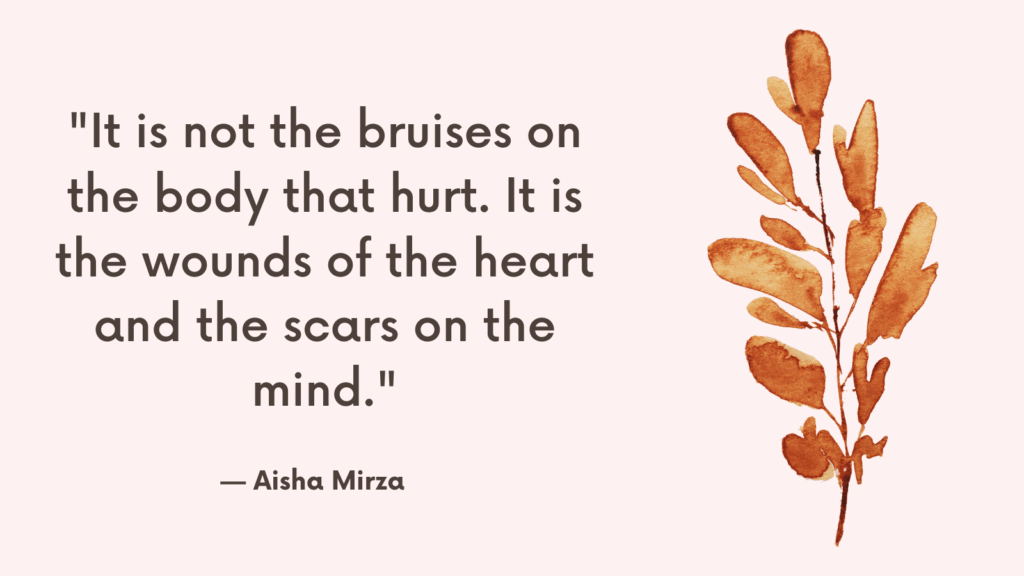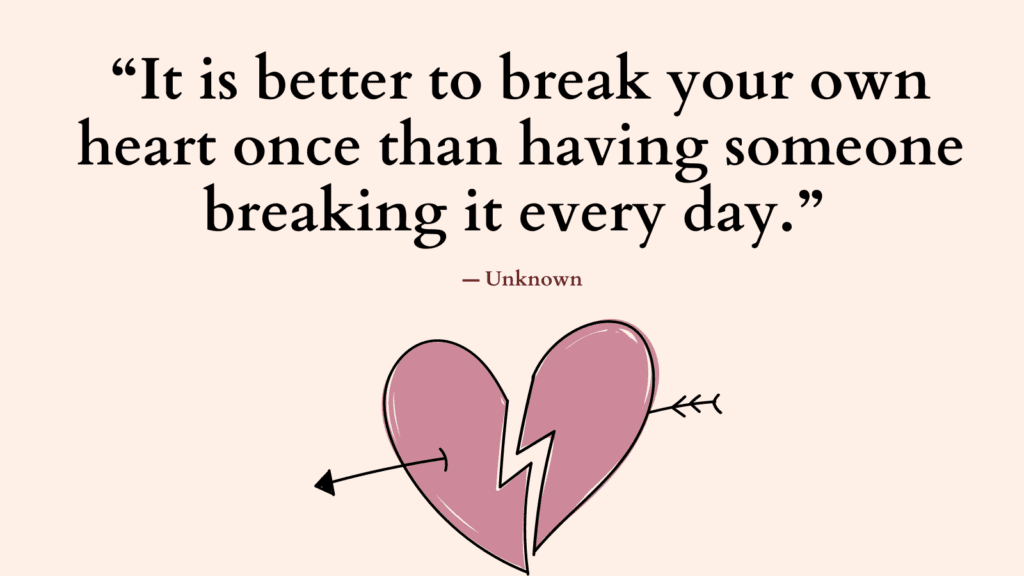In this post, you’re going to learn all about the stages of forgiving infidelity.
8 Stages of Forgiving Infidelity
It’s important to note that forgiveness is a choice and a process, not a single event, and it involves both emotional and rational components.
The journey can vary greatly among individuals, influenced by the nature of the betrayal, the dynamics of the relationship, and personal values.
Here is an overview of the stages often involved in forgiving infidelity:
1. Shock and Denial
Initially, discovering infidelity can lead to intense shock, disbelief, and denial.
This stage is characterized by feelings of numbness or refusal to accept the reality of the situation.
It’s a protective mechanism that helps buffer the immediate emotional impact.
2. Pain and Betrayal
As the shock wears off, the reality sets in, leading to profound pain, sadness, and a sense of betrayal.
This stage involves grieving the loss of trust and the relationship as it was known.
Feelings of anger, hurt, and confusion are common.
Related: Top 8 Tips On How To Get Past Infidelity Triggers And Build Trust Again (+FREE Worksheets)
3. Anger and Bargaining
Anger can be directed towards the unfaithful partner, the person they were involved with, or even oneself.
Questions of “Why?” and “How could this happen?” dominate this stage.
Bargaining may occur as attempts to make sense of the situation or imagine scenarios where the betrayal could have been avoided.
4. Reflection and Reevaluation
This stage involves taking a step back to assess the relationship and the infidelity.
Questions about the reasons behind the infidelity, what it means for the relationship, and whether the relationship is salvageable are considered.
It’s a time for critical reflection on personal values, needs, and what forgiveness might look like.
Related: Is Cheating Abuse?
5. Acceptance
Acceptance does not mean condoning the infidelity but rather acknowledging that it happened and cannot be changed.
This stage is about coming to terms with the reality of the situation and making a conscious decision about how to move forward.
6. Decision
The decision stage is pivotal—it’s where one decides whether to forgive and reconcile with the partner or forgive and move on separately.
Forgiveness here is seen as a gift to oneself, a way to release the burden of resentment and pain, regardless of the choice about the relationship’s future.
7. Rebuilding or Releasing
If the decision is to rebuild the relationship, this stage involves working together to rebuild trust, establish new boundaries, and create a new foundation for the relationship.
If the decision is to part ways, releasing involves letting go of the relationship while carrying forward the lessons learned.
Related: The Psychology Behind Cheating And Lying
8. Healing and Growth
Independently of the outcome for the relationship, personal healing and growth are central to this stage.
It involves learning from the experience, healing the wounds of betrayal, and growing stronger as an individual.
Forgiveness, in this context, is an ongoing process of choosing to let go of anger and resentment.
How to Forgive Infidelity?
Forgiving infidelity is a deeply personal, often complex journey that varies significantly from one person to another.
It involves confronting a myriad of emotions, rebuilding trust, and ultimately deciding whether the relationship can and should be salvaged.
Forgiveness in the context of infidelity means letting go of resentment, bitterness, and thoughts of revenge towards a partner who has been unfaithful. It doesn’t necessarily mean forgetting the betrayal or condoning the actions.
Recognize that forgiveness is a personal decision, one that can lead to emotional freedom and healing, but it is not an obligation.
1. Emotional Acknowledgment
Acknowledge and accept your feelings.
Anger, hurt, betrayal, and confusion are normal.
Processing these emotions is the first step towards healing.
2. Communicate Your Feelings
Openly discussing your feelings with your partner can be therapeutic.
It’s essential for the offending partner to understand the depth of the hurt caused.
Related: Straight Spouse Recovery: 9 Ways To Recover & Move on After Finding Out Your Spouse Is Gay
3. Reflect on the Relationship
Evaluate the relationship’s strengths and weaknesses.
Consider the role of the relationship in your life and what it means to you moving forward.
4. Setting Boundaries
Establish clear boundaries and expectations for the future.
This may include transparency in communications, access to personal devices, or counseling sessions.
5. The Decision to Stay or Leave
Forgiveness does not necessarily mean staying together.
Decide whether the relationship is worth continuing based on mutual respect, love, and the willingness to work through the issues.
Related: Top 7 Tips On How To Create A Conscious Relationship Using ACT
6. Rebuilding Trust
If the decision is to stay, understand that rebuilding trust takes time.
It requires consistent, reliable behavior from the unfaithful partner and a willingness to forgive from the injured party.
7. Self-Care and Support
Prioritize self-care and seek support from friends, family, or support groups.
Healing from infidelity is emotionally taxing, and external support can be invaluable.

Conclusion
Forgiving infidelity is a deeply personal and non-linear journey that involves navigating through a spectrum of emotions and stages.
The process is unique to each individual and situation, with some stages possibly recurring or overlapping.
It requires time, introspection, and often professional support to navigate effectively.
Ultimately, forgiveness is a powerful act of self-compassion that aids in healing and allows one to move forward, whether within the relationship or independently.



